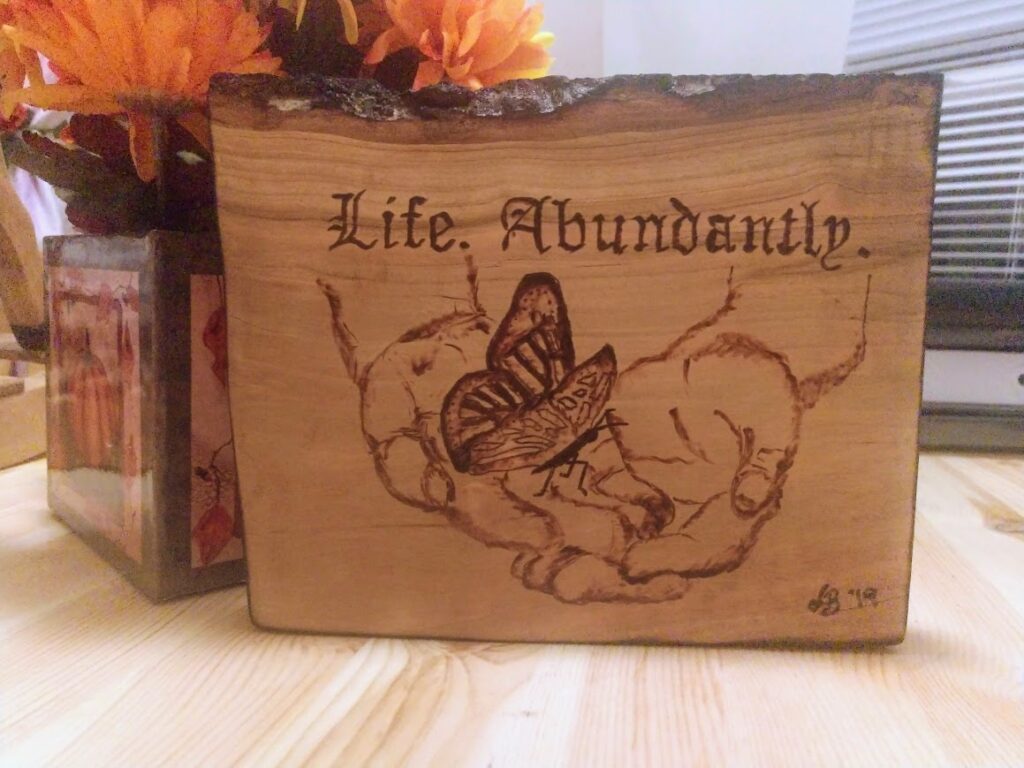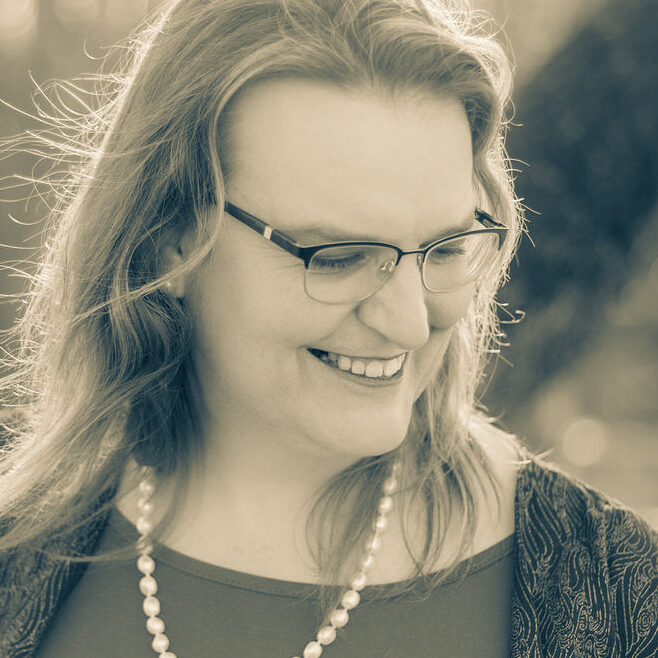
I’ve never been overly comfortable with the language of “coming out.” The term puts too much focus on the proverbial closet into which LGBTQ+ are pushed to hide their identity and blend into culture. The notion of coming out puts the onus of self-knowing solely on the individual who has been pushed into a closet in the first place. They are called “courageous and brave” while the world that keeps them there gets a pass. The function of the closet is to normalize oppressive culture and force anyone at odds with that culture into a laborious journey of self-discovery in darkness.
The closet also assumes that whatever is hidden from culture is the primary identity of the closeted soul. The whole person has never been in a closet – just the parts that make the rest of the world uncomfortable. Bringing a part of that person into the light for the first time is not a symbol of a rebirth of the entire person, it is merely a point of growth where a part once hidden is free to live alongside all else that person may be or will become.
Finally, closets are not only for queer folk or issues of gender and sexuality. There are many things that any of us might keep in the dark. It may be out of fear of what others will say or think, because we know it might have a social or economic cost, or we may just not have the mental or emotional energy to find the language for our fears. I revealed to the world that I am a trans woman at the same time I revealed I had been in a harmful marriage. A year or so later I found the language to identify as a lesbian and to openly discuss my intersex variations. Ironically, one of the most challenging reveals was that I identify more with the early Christian mystics than with other more commonly accepted schools of thought and practice.
I was given a college composition class assignment to write a paper describing a process. I chose the unlocking and opening of a door. The assignment required the paper to be 8-10 pages and when I submitted my topic, the professor was doubtful I could create that amount of meaningful material about a process that most of us execute by rote multiple times a day. I earned an “A” on the paper that included texture and scent along with biblical metaphor and emotional engagement. I rose to the challenge – 25 years before my season of “coming out” – by recognizing that there is nothing simple about opening and walking through a door.
To reduce the journey of self-discovery to the moment one walks out of a door is to dismiss all the scent, texture, and emotional engagement that has shaped that journey of growth.
This is why I have come to prefer the language of “coming around.” I came around to revealing my trans identity (after 10 years of therapy), I came around to identifying in different ideological camps (after 30+ years of study and searching), etc. When I think of these revelations as coming around to a particular understanding, it paints a better picture of the whole arc of the journey. It also creates an ongoing sense of motion and growth – much of which cannot even begin until a revelation is made and others around me are brought along on the journey.
My hope and prayer is not simply that we be out of a closet but that we allow each other the freedom to explore the whole arc of our journey toward self-discovery. This is the only way we see clearly through the lens of self and begin to fully experience the love of God and the beauty of others in this world.
